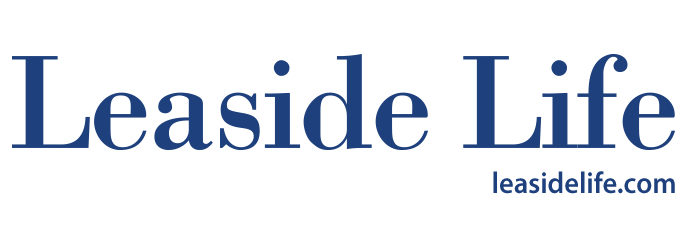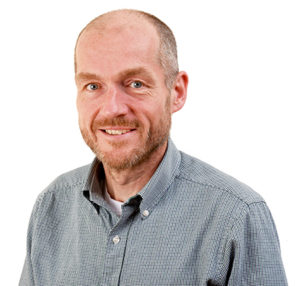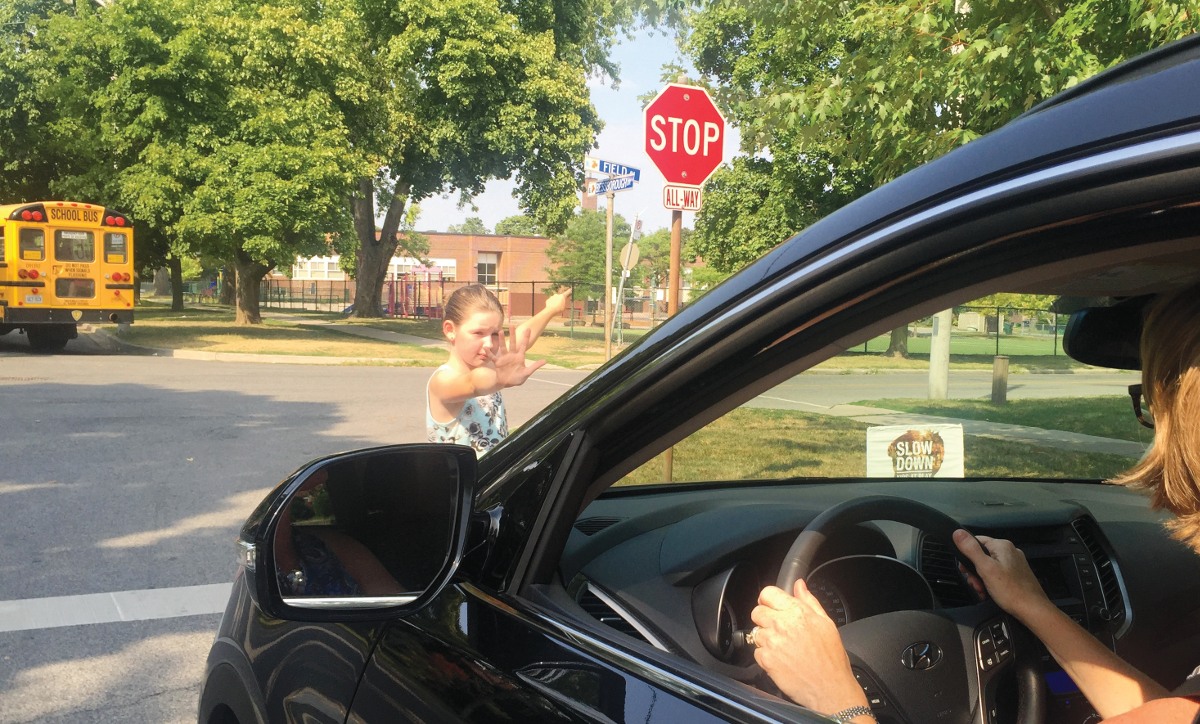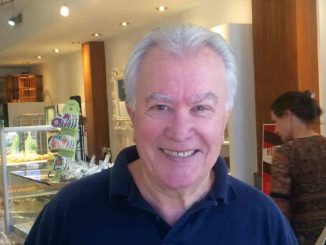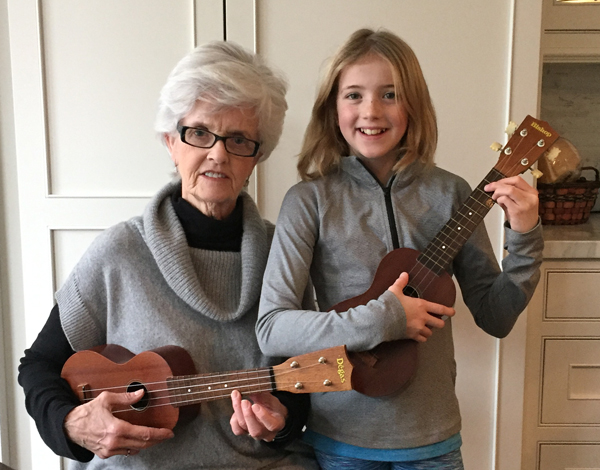
Among the many books published last year in time for the 150th anniversary of Confederation was Canada’s Odyssey: A Country Based on Incomplete Conquests, by Peter H. Russell.
Now professor emeritus of political science at the University of Toronto, Russell is not only the dean of Canada’s constitutional scholars and a leading authority on the civil and political rights of Indigenous Peoples around the world, but also someone who grew up in Leaside.
“An understanding of today’s politics requires an appreciation of formative events of the past,” Russell writes. His book is intended not as a history of Canada but as an argument about the changing relationships among what he calls “Canada’s three foundational pillars – Aboriginal Canada, English-speaking Canada, and French Canada,” and how those relationships inform today’s political landscape.
From this perspective the key formative event in Canadian history was not Confederation in 1867 but rather, for Indigenous peoples, the Royal Proclamation of 1763 and, for French Canadians, the Quebec Act of 1774. The former committed the British Crown to respect Indian Nations’ ownership of their lands and restrict European settlement to lands acquired by treaty; the latter committed to preserving the French language, Catholic Church and distinct Civil Law rather than imposing the English language, church and Common Law. These are the “incomplete conquests” of the book’s subtitle.
Canada’s Odyssey follows the evolution of each of Canada’s “three pillars” to the present. The English-speaking Loyalists brought with them a civic culture that included parliamentary government, the monarchy and constitutionalism. Russell describes how this culture has been modified over the succeeding two centuries and augmented by ideas of federalism, human rights and fiscal equalization, and how this shared culture still holds our diverse society together allowing us to work out our differences peacefully rather than through violent conflict.
Russell has spent a lot of time over the past four decades working with Canada’s Indigenous Peoples who obviously face some serious challenges. What’s the solution? That’s the wrong question, he says. “I’m not a solutions guy – it comes from my Burkeanism – there’s no single solution. You have to think of the impact of colonialism over several centuries; we will always bear the scars of European imperialism. British imperialism may have been milder than the French or Spanish forms, but it was still imperialism.” The 94 ‘Calls to Action’ in the Truth and Reconciliation Report are a good place to start, says Russell. “They cover the waterfront and, one issue at a time, we’ve got to get up in the morning and have a slog at it.”
The official policies of accommodation dating back to 1763 and 1774, however imperfectly they have been followed, Russell suggests, coupled with the increasingly multi-ethnic, and multicultural nature of English-speaking Canada after 1950, has helped Canada avoid the perils of ethnic nationalism now plaguing parts of Europe and, it could be argued, underlying the rise of Trumpian populism in the United States.
Professor Russell was born in 1932, the middle child between older brother Campbell (an Anglican clergyman who died in August, 2017) and younger sister Joan (Knowles). When he was two years old his family moved from Millwood just west of Bayview into Leaside, living successively on Donegall, Parkhurst and Cameron.
School, church, the skating rink
Reminiscent of Roch Carrier, it seems the young Peter Russell lived in three places – the school, the church, and the skating rink – but his real life was on the skating rink.
The rink was the outdoor rink at McRae and Millwood. “In the ’30s there were still vast fields between Cameron Crescent and the Canada Wire houses on Sutherland and Airdrie,” he recalls. “Life for me was getting to the hockey rink as quickly as I could. My friends could get there more quickly – their fathers worked at Canada Wire.”
Winters were longer then. “We had good outdoor ice from November on,” says Russell. “There was pleasure skating for the girls and hockey for the boys. The hockey was all ages at once with the ‘anklers’ and the big kids playing two different games on the same rink at the same time! It was chaos and a nightmare getting hit by a puck.
“To make the Leaside Lions, that was the dream. I made the Leaside Lions when I was 10. Peter Conacher played for them too, as did Eric Nestorenko (even though he didn’t live in Leaside) and Jack Caffery, who was drafted by the Boston Bruins. Jack was the star of the team – even better than Nesterenko and Conacher – that was my view and a generally shared view: a Gretzky-type player and a nice guy to boot.”
The church was St. Cuthbert’s Anglican. “My older brother was in the choir and he got a nickel a week. That looked big to me at age six or seven and I wanted to join him, so one week he took me along. Thais Lamb, the daughter of Canon Lamb, said to me, ‘We’ll put you in the front row, you open your mouth but don’t make any noise.’ A terrible thing to say to a child! But she was engaged to a fighter pilot – they were my heroes and I didn’t mind.”
The school was Bessborough until grade seven and then Northlea. “And I was dying to go to Leaside High with my hockey-playing friends, but my brother had gone to UTS and my parents wanted me to do the same. They had me write the entrance exam. I left halfway through and didn’t really try – my mother was not happy! – but then I got a letter saying, ‘Welcome to UTS.’ I was riding on Campbell’s coat tails. Of course my parents were right – kids need to learn that – the heroes at UTS were the kids with the highest marks and it was the ideal setting for me.”
Russell went on to study at the University of Toronto and at Oxford as a Rhodes Scholar. His hiring to a permanent faculty position in U of T’s Department of Political Economy in 1958 was remarkably casual: “Governments are throwing money at us, Russell,” the soon-to-be Dean of Arts and Sciences told him, “even for a philosopher! C.B. Macpherson – he’s a Marxist. You’re not a Marxist, are you Russell?” “No, I don’t think so,” replied Russell, and that was that. He hadn’t even completed his MA yet. And when, a few years later, U of T introduced tenure and required professors to have a PhD, he was grandfathered in and exempted from the requirement.
Russell went on to a brilliant 40-year career teaching and writing and, during the prolonged constitutional wrangling of the 1980s and ’90s, was frequently consulted by governments and called upon by media as Canada’s foremost authority on the issues. Once he was invited by CBC to tape a conversation for broadcast on The National with Stephen Harper, who was in Calgary, moderated by Wendy Mesley, who was in Ottawa. Russell was in Toronto. “Suddenly there was a glitch and the three of us got talking while the technicians sorted it out. Soon enough we discovered that all three of us had gone to Bessborough!”
Though he has been formally retired since 1997, Russell continues to write, teach and lecture. He’s currently working on his memoirs and has been giving talks to community groups about his recent book, Canada’s Odyssey.
His next book talk is Friday, Jan. 19th at 7 p.m. at Yorkminster Park Baptist Church (Yonge and Heath), and all are welcome.
